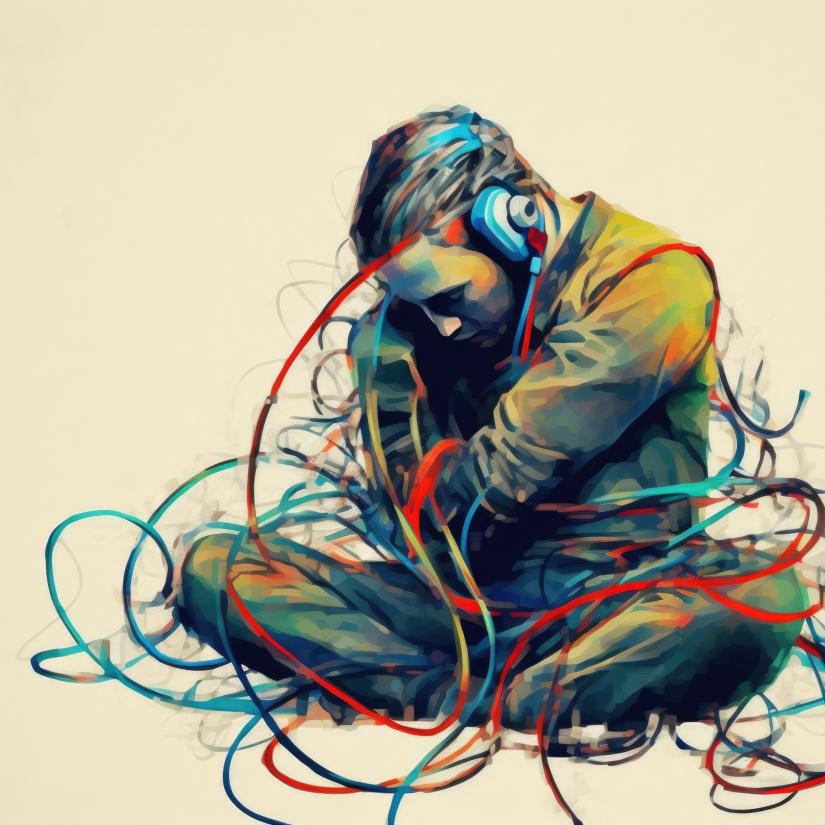
As hundreds of scholars and researchers gathered in Lyon for the International Association for Media and Communication Research conference in the second week of July, they were posed with a key question: How can we understand and explain the challenges humanity is facing today in the light of digitalisation?
This is a complicated question, but not an abstract challenge, especially when digitalisation is not an option but a necessity. And so is humanity in this so-called borderless world, as governments around the world continue to become a threat for the very people who they are supposed to protect.
The IAMCR conference witnessed a gathering of international scholars, young and experienced, who all agreed that the concepts of radical (digital) humanism, social production, injustice as alienation, domination, exploitation, social struggles, media/communication/digital (in)justice, and democratic socialism/socialist democracy have substantial significance.
Christian Fuchs, professor of media at the Paderborn University in Germany, for instance, went to great lengths to outline some aspects of the notion of digital capitalism, comparing it to other concepts such as the network society (Castells), surveillance capitalism (Zuboff), and platform capitalism (Srnicek). From talking about the number of usable nuclear bombs (which has increased from 9,440 in 2022 to 9,576 in 2023) to digital capitalism and digital violence, Fuchs’ plenary engaged the audience for almost two hours, discussing a variety of forms of digital injustices and digital alienation.
Another very interesting plenary session highlighted the significance of borders in the digital borderless world, asking how social media, but also traditional media, play a key role in the building of symbolic boundaries between ‘us’ and ‘them’, or are used as instruments to fuel hatred between communities.
However, the most important, and my personal favourite, was the plenary on the contribution of academia and journalists to peace-building, through critique and creativity. The star panellist was Finnish media scholar Kaarle Nordenstreng of the University of Tampere in Finland, who with his almost zero tolerance for beating around the bush got straight to the point and posed peace at once as ‘an important social question’ and ‘a professional value’ in the face of unprecedented political, social and environmental problems.
This leaves us with a lot to deliberate over as social sciences and communications academics in terms of what we stand for and who we want to benefit through our epistemic and deontological journeys, if we are to engage in a dialogue about what sustainable futures and sustainable societies mean for us as media and communication scholars, today and tomorrow.

Ayesha Jehangir, Postdoctoral Fellow
This featured in our fortnightly Newsletter of 28 July - read it in full here or subscribe!

